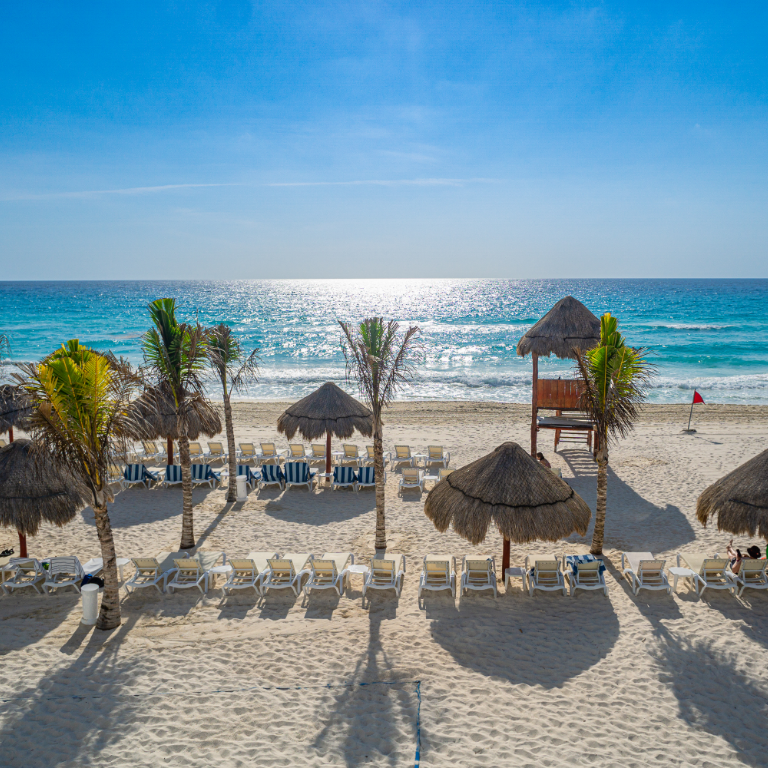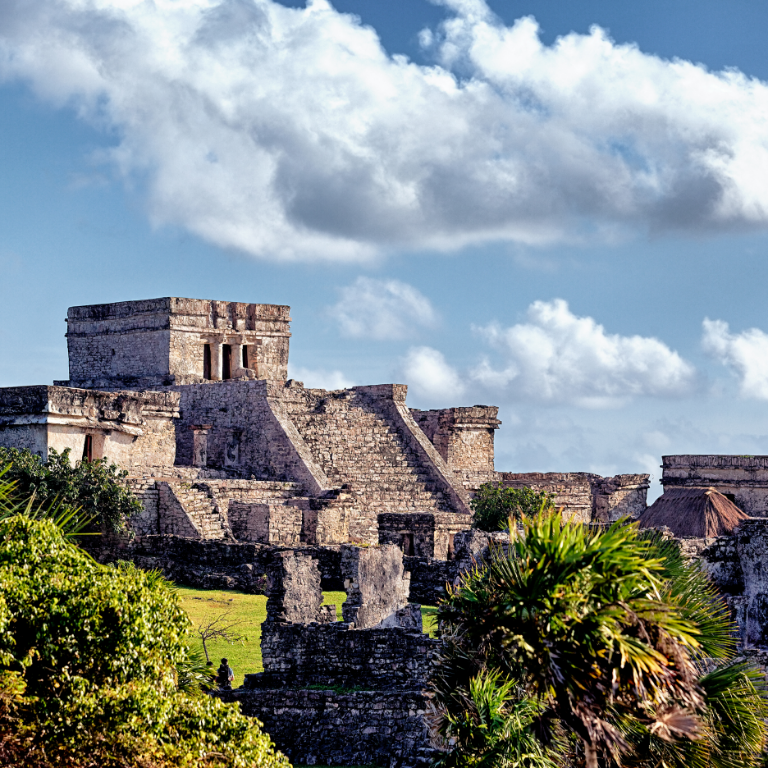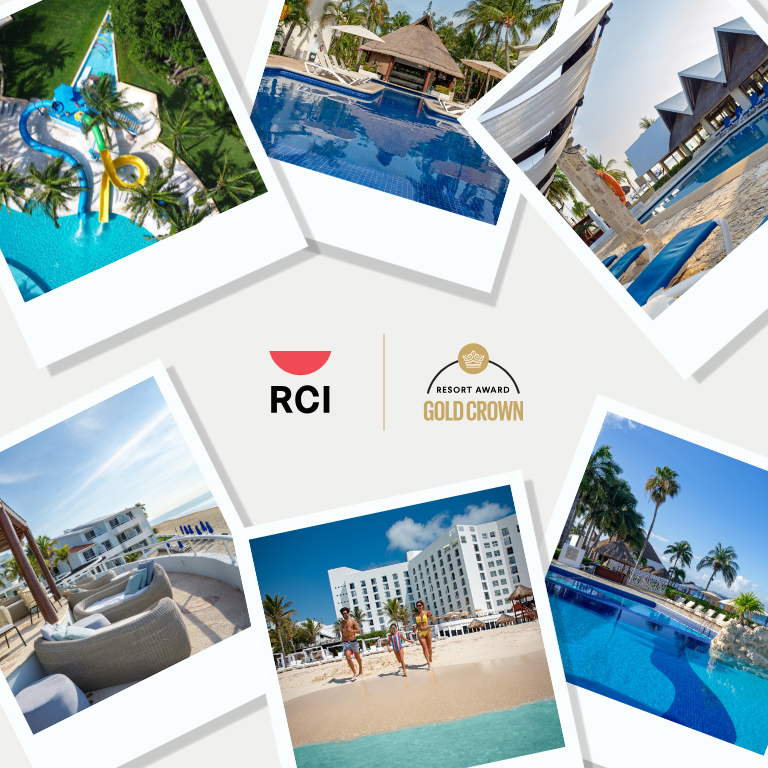Each year, 1.2 billion people travel abroad. Tourism is one of the largest industries in the world, accounting for 10% of the global economy. But while it can be a positive thing, it can also come at a high cost to the environment. Here are some tips to help you reduce your footprint on your next trip and preserve tourist sites and spaces for future generations.
- If possible, travel by ground. Air travel has a very high carbon footprint. If you can’t avoid flying to your destination, book direct flights. This will help promote energy efficiency, which means burning less fuel. Once you arrive at your destination, you can use local transportation to avoid unnecessary pollution.
- Eat local products, one of the greatest pleasures is to taste typical cuisine; eat like the locals and avoid fast food chains that are not sustainable.
- Make sure that leisure activities such as tours, sports, parties, etc. are environmentally friendly and do not damage the environment. Stay away from tourist attractions where physical contact with animals is allowed or where wild animals are exploited.
- Think twice before taking an illegal souvenir, it can upset the natural balance of the environment. Make informed choices to help reduce the demand for the endangered species trade. You can consult the following link for more information: https://c402277.ssl.cf1.rackcdn.com/publications/315/files/original/Buyer-Beware.pdf?1345686864
- Follow water and energy conservation guidelines; reduce the length of your showers, and you could even ask the hotel staff to reuse your towels or sheets to avoid having to wash them every day.
- Minimize the use of beauty or hygiene products with chemicals; there are sunscreens and common soaps that contain harmful chemicals that can be absorbed by fragile coral reef systems. Use reef-friendly, mineral-based products.
- Turn off air conditioners and lights when not in use. Another thing you can do is to reuse plastic bottles, packaging, and plastic bags; remember that your trash is also part of the place you are visiting. More than 8 million tons of plastic end up in our oceans.
- Use FlyGRN to calculate your emissions, find the least carbon-intensive routes and offset your carbon footprint. Slow down, traveling too many places in a hurry creates more greenhouse gas emissions. Take your time to explore the place and find its beauty, connect with the city and the community.







